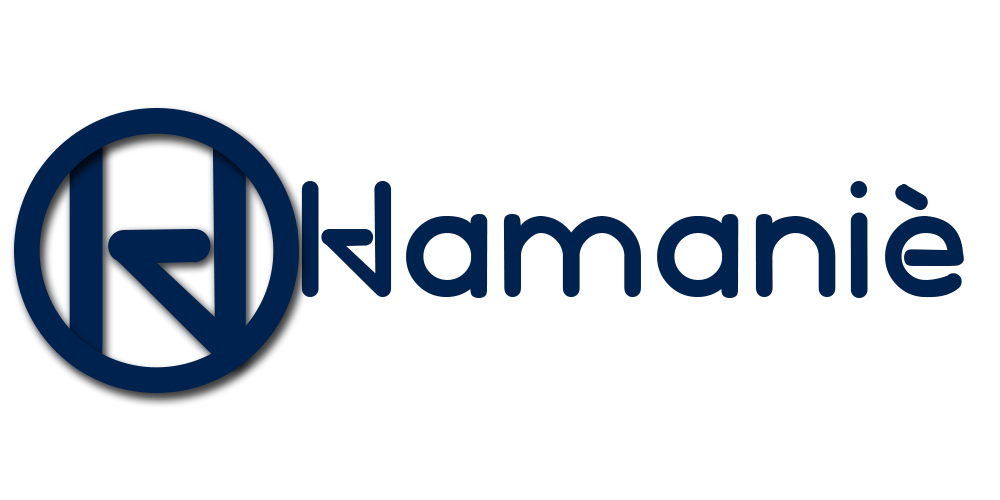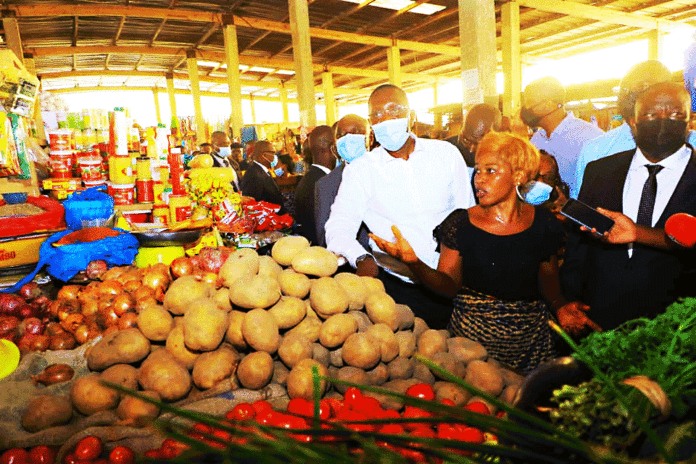For several months now, Africa in general, and Côte d’Ivoire in particular, have often observed an increase in prices in several sectors of its economy.
A brief overview of the causes, consequences, and measures taken by the Ivorian government to combat the phenomenon of high cost of living in Côte d’Ivoire .
In general, inflation is an increase in the average price of goods and services and is characterized by the decrease in purchasing power.
The increase in the cost of living concerns a set of sectors of the Ivorian economy starting from foodstuffs (wheat, livestock, fish, oil, food products) to manufactured products such as cement, fuel, or the cost of transport, essential to the daily life of the population.
While some causes are more the responsibility of the Ivorian government, others are less so and arouse a lot of speculation because they are difficult for consumers to understand.
The low rainfall has led to a decrease in the production of food products, creating a mismatch between supply and demand.
The high cost of living is also explained by exceptional events, crisis, which the Ivorian government must face and which are not of its making, which are in particular: the Covid-19 pandemic, the security context in the Sahel and the Russo-Ukrainian War.
How do global events so strongly affect the economic and social life of Ivorians?
The coronavirus epidemic, officially declared a pandemic due to its spread across the world, has led to the confinement of almost the entire world population.
In the Sahel, the security context has remained critical for several months now, as recently mentioned by the United Nations Under-Secretary General for Africa, Ms. Martha Ama Akyaa Pobee. This political insecurity disrupted the supply of food products (onion, tomato) but especially the supply of ovidae which is carried out mainly by Mali and Burkina Faso.
According to Prime Minister Patrick Achi during a recent interview devoted to the high cost of living and broadcast on the national channel RTI 1 on July 11, 2022, the increase in the cost of living is also due to the recent Russian-Ukrainian war which caused the near doubling of the price of oil internationally and the tripling of the price of fertilizer.
Fortunately, faced with this exceptional situation which affects almost all the countries of the world, the Ivorian State through the head of government assures that the question of the high cost of living is at the heart of government action and that the government is doing the maximum in order to minimize the impact for the populations.
He also returned to the strong measures taken by the State to manage to curb this phenomenon.
This is a subsidy of 400 billion FCFA which has made it possible, among other things, to maintain the price of Super at 735 FCFA and that of Diesel at 615 FCFA and to provide a subsidy to millers; capping the prices of 21 consumer products consisting mainly of basic necessities (oil, sugar, milk, bakery flour, etc.) and the submission to authorization of the export of certain foodstuffs produced and consumed locally: l ‘attiéké, yam, etc.
He also announced that the government plans by 2025 the modernization of Ivorian agriculture with particular emphasis on food. To this end, Patrick Achi is counting on the construction of 9 agropoles, of which that of the center is already operational.
This policy aims to achieve food sovereignty by 2025 not only for food products but also for goods.





